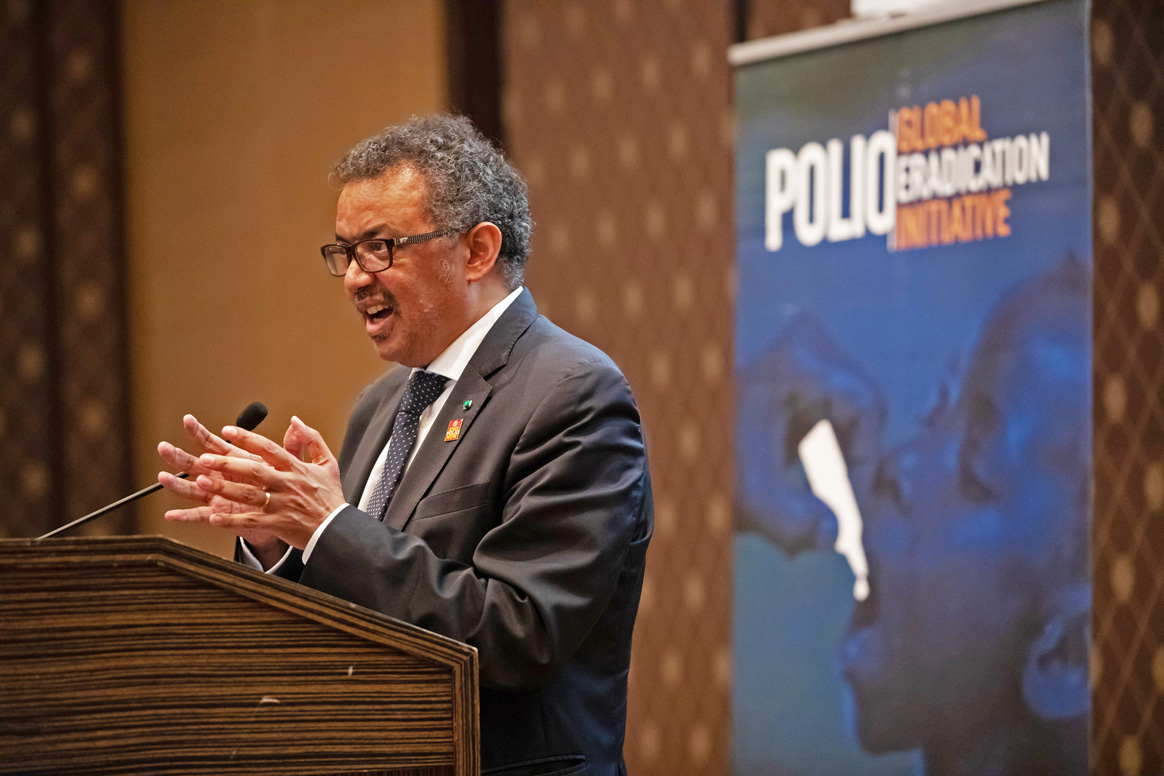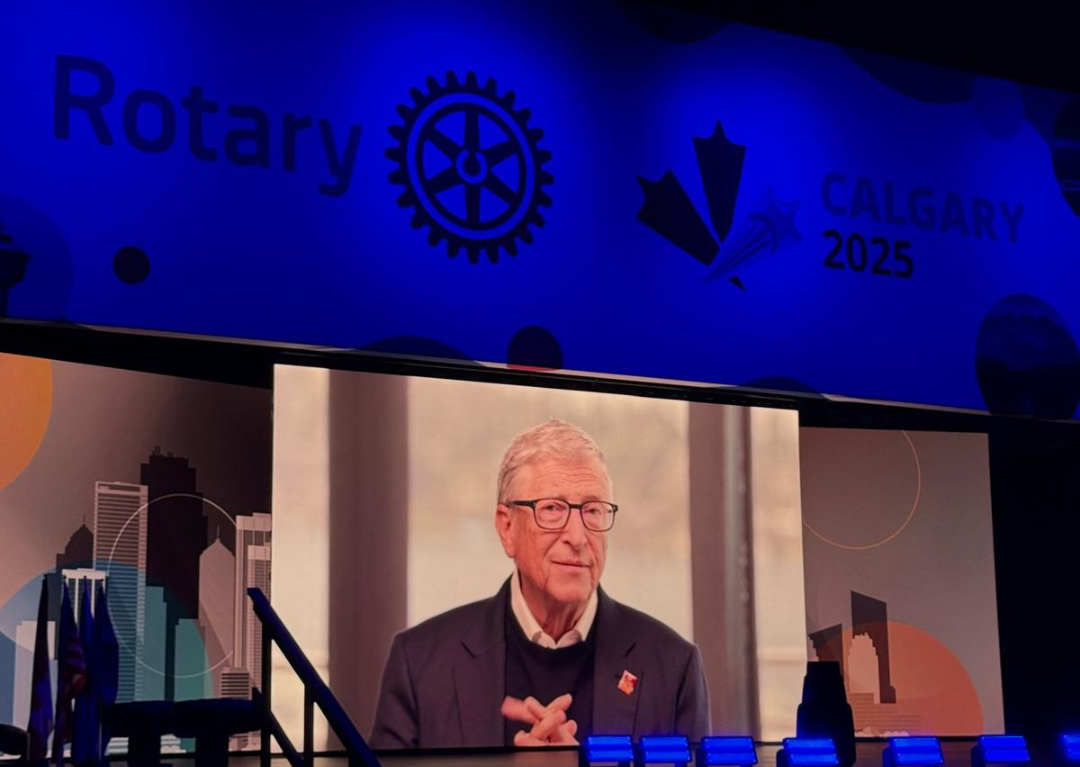
WHO published its updated vaccination recommendations for travellers from polio-infected countries in its publication International Travel and Health (polio-related section on pages 33-35). These updates were endorsed at last month’s meeting of the Strategic Advisory Group of Experts on immunization (SAGE). Polio vaccination recommendations for travellers from polio-infected countries should apply to all residents and visitors, who spend more than four weeks in the country, of all ages. Resident travellers from polio-infected countries should have received one documented additional dose of OPV or IPV a minimum of 4 weeks and a maximum of 12 months before each international travel. Travellers embarking on last minute/urgent travel that cannot be postponed should receive one dose of OPV or IPV before departure if they have not received a documented dose of polio vaccine within the past 12 months.


